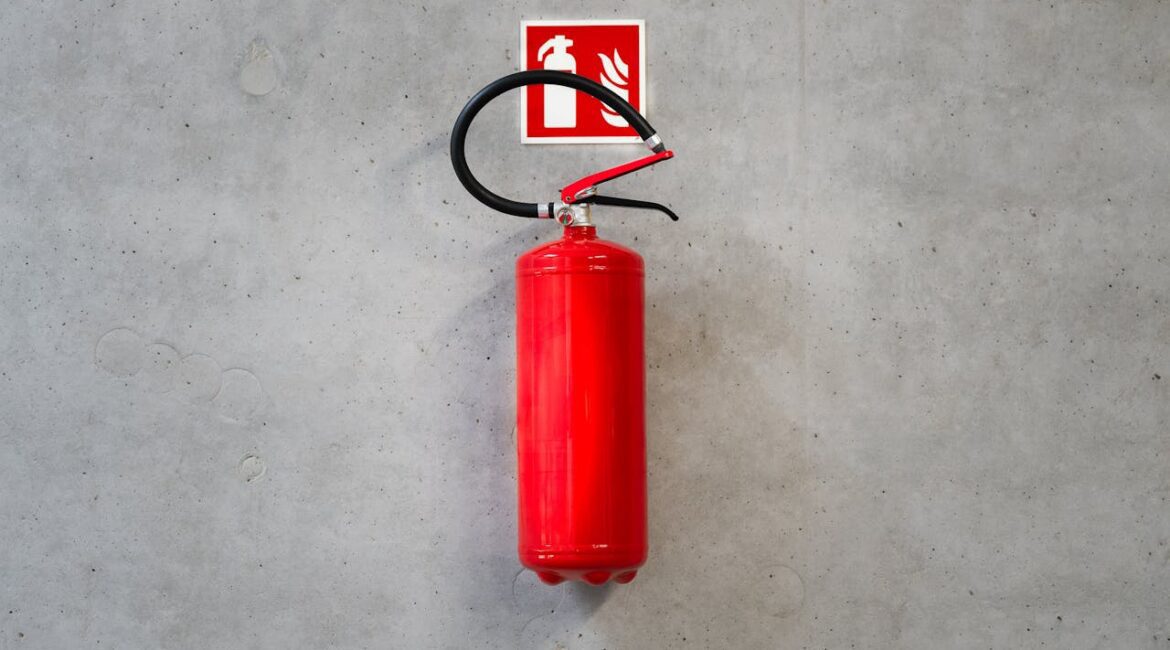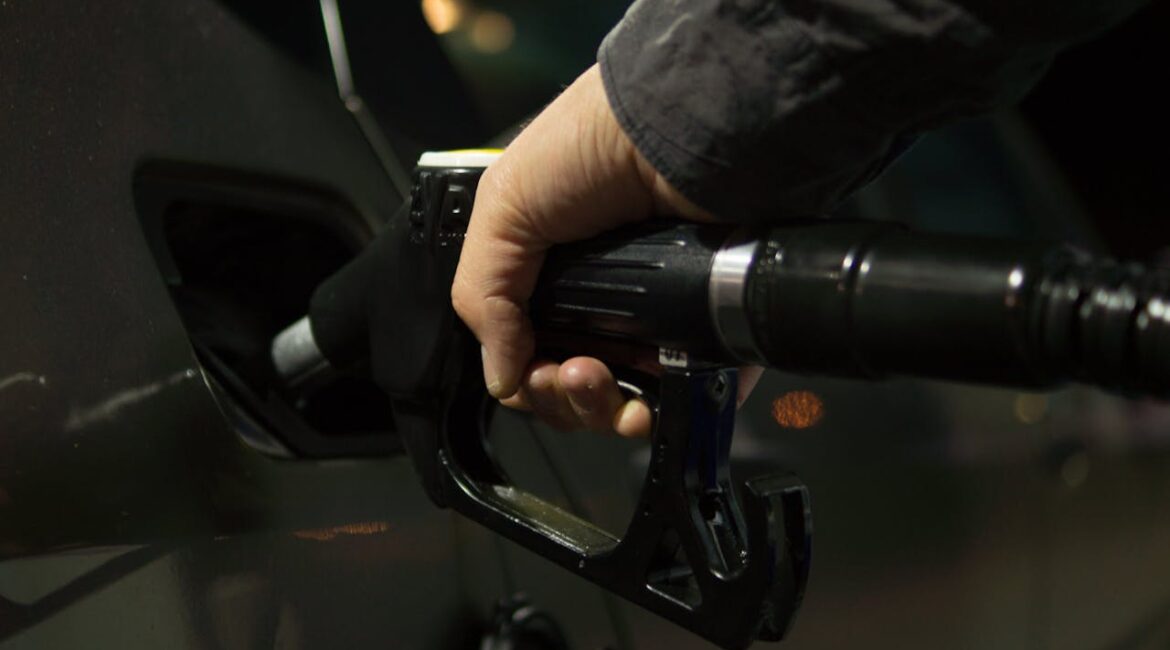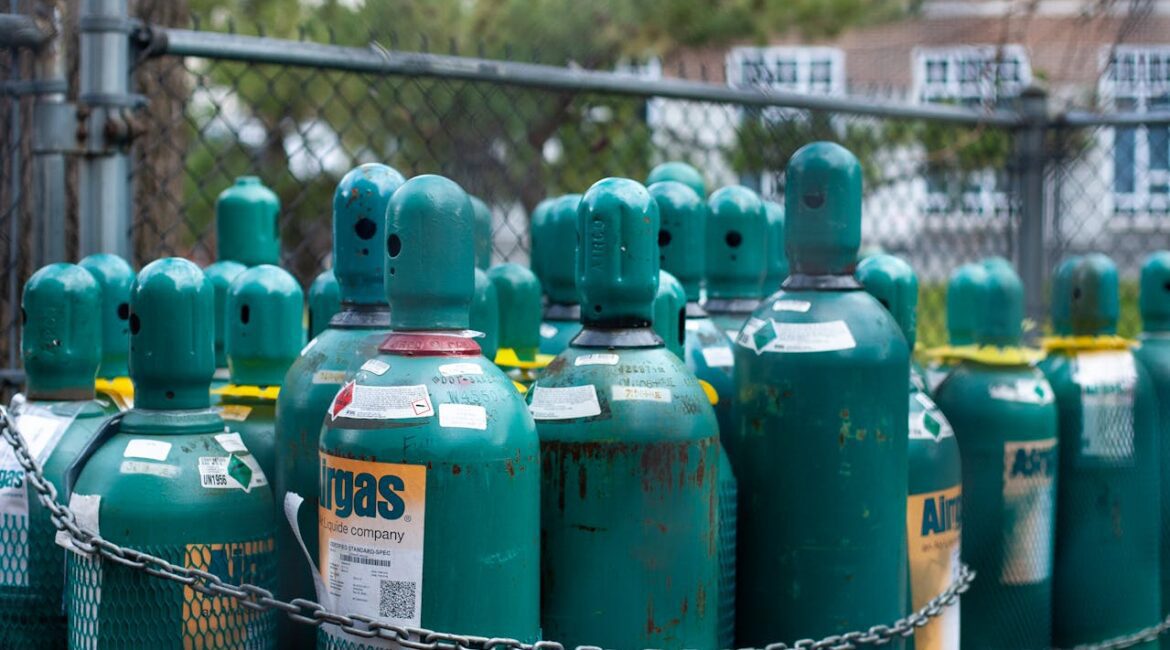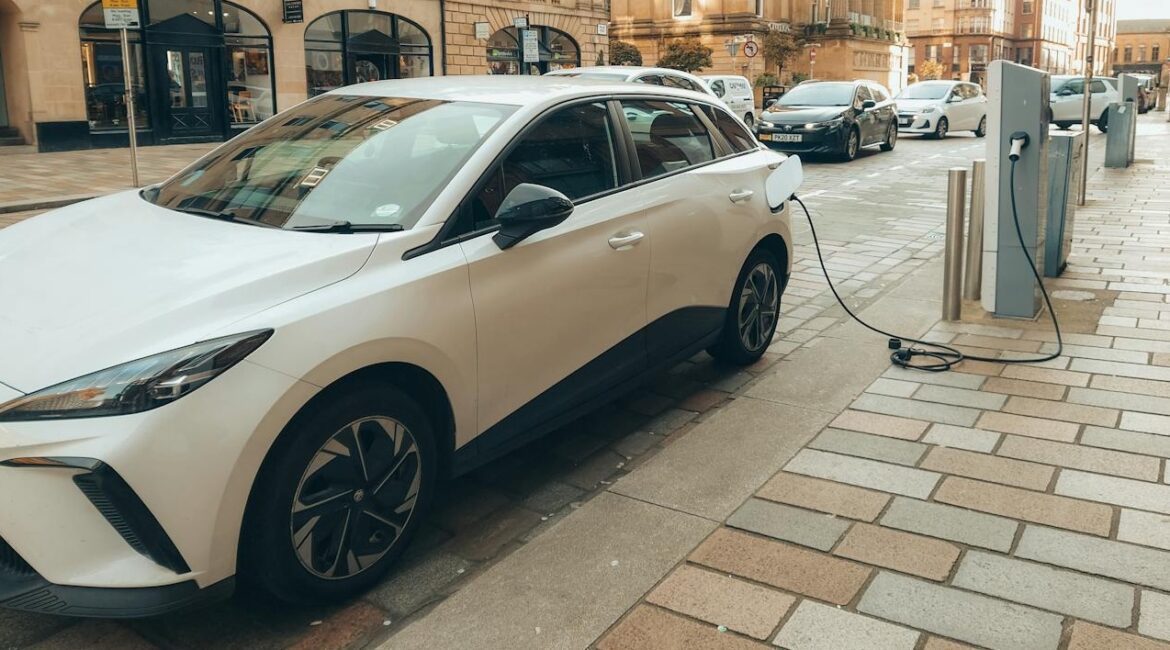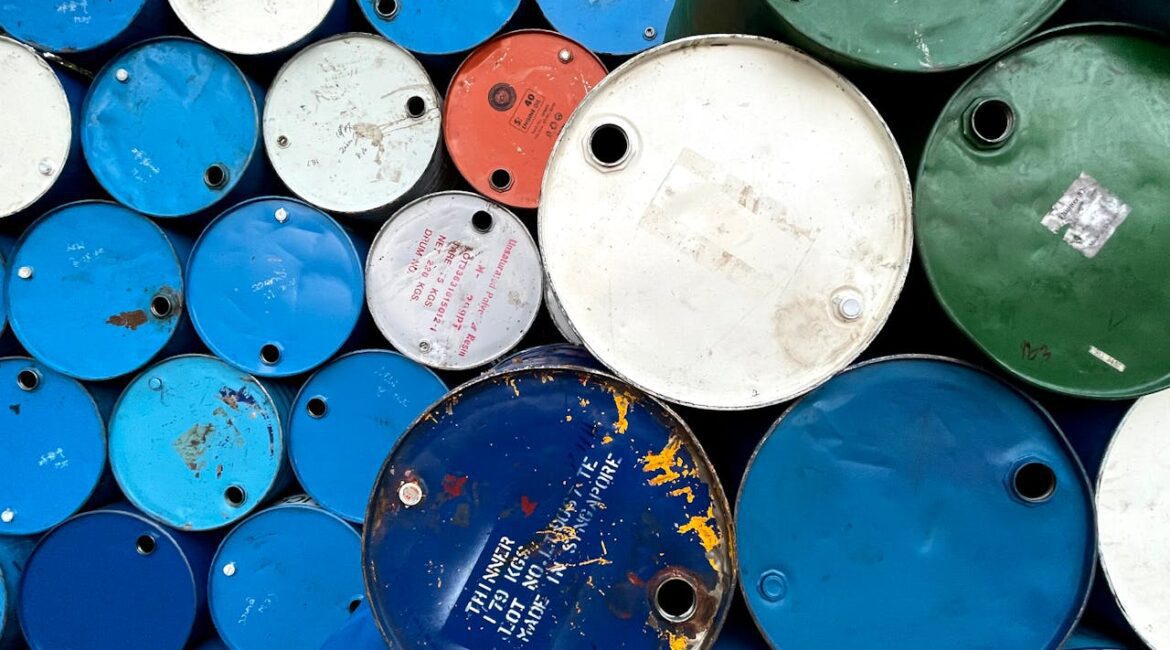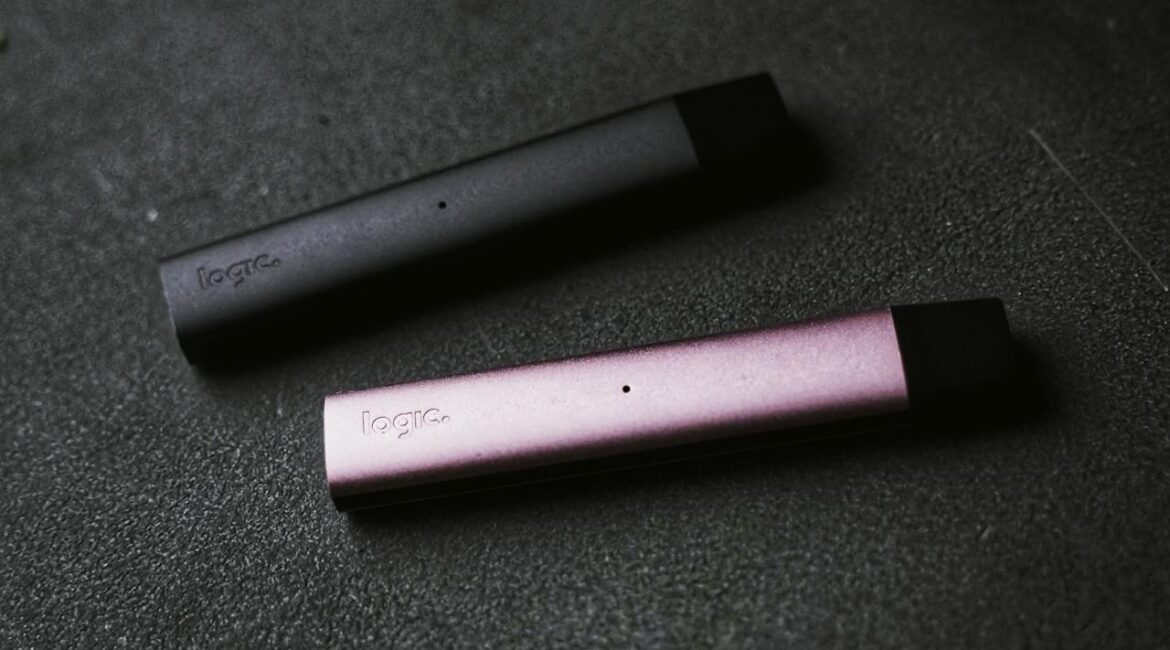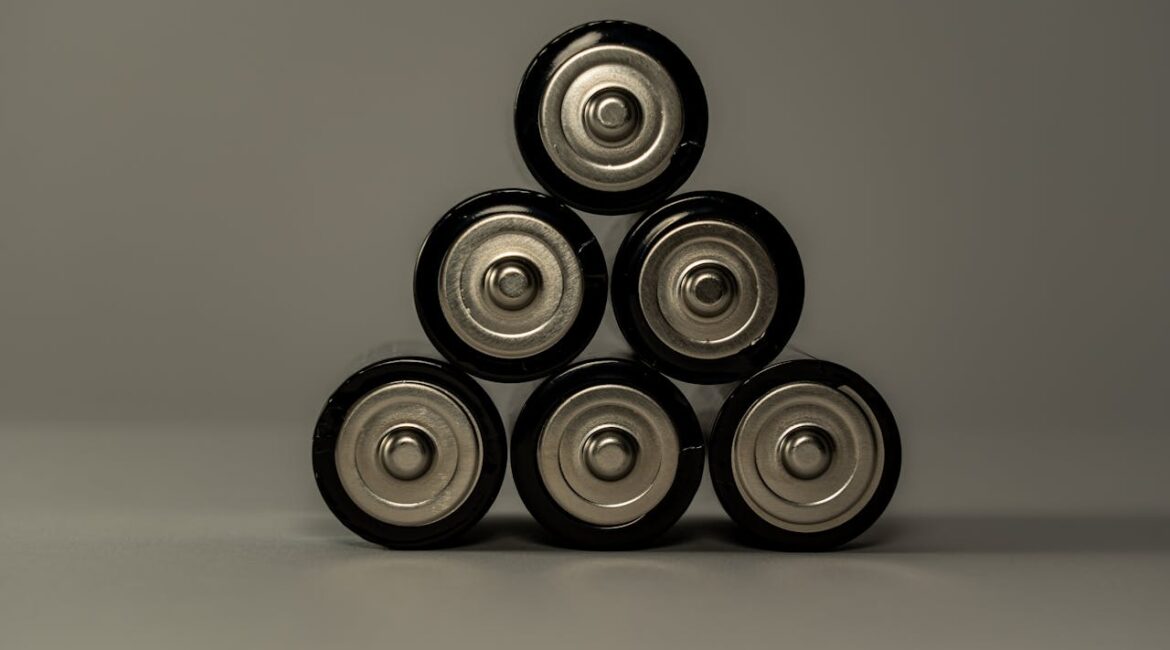The Restriction of Hazardous Substances (RoHS) Directive is a key piece of European legislation. It is designed to reduce the environmental and health risks posed by hazardous materials found in electrical and electronic equipment. Introduced in 2003 and updated in subsequent years, the RoHS Directive limits the use of specific dangerous...
How Long Does A Powder Fire Extinguisher Last?
The average lifespan of a powder fire extinguisher is 10-12 years, with proper care and maintenance. However, the UK guidance shows that most extinguishers should be replaced or be given an extended service every 5 years.Regular inspections and servicing by a qualified professional will ensure that your fire extinguisher remains...
How Long Does Petrol Last?
Petrol doesn’t last forever. When stored properly at around 20 degrees Celsius, petrol has a shelf life of about six months. However, at higher temperatures—such as 30 degrees—this can be reduced to as little as three months. Over time, even under good conditions, fuel begins to degrade due to oxidation and...
How Long Does A 47kg Gas Bottle Last?
The longevity of a 47kg gas bottle depends on its usage and the appliances connected to it. Typically, a 47kg propane gas bottle contains approximately 92 litres of liquefied petroleum gas (LPG gas).For example, if a gas appliance consumes 10kW per hour, a full 47kg bottle will provide approximately 64...
The Environmental Impact of Electric Vehicle Batteries
Key Takeaways In the UK, the push for greener travel has seen EV sales soar, with over 1 million electric cars now registered on our roads. The EU’s pushing for action with rules for lithium recycling efficiency to reach 65% by the end of 2025. The Rise of Electric Vehicles...
4 Hazardous Waste Management Trends To Watch In 2025
Key Takeaways Over 350 million tons of hazardous waste is generated globally each year. New hazardous waste management trends include IoT systems, innovative recycling processes and enhanced reporting due to stricter regulations. Hazardous Waste Management TrendsThe hazardous waste industry is at a tipping point. With over 350 million tons of...
Do Disposable Vapes Expire?
Key Takeaways Typically, disposable vapes expire within 1 year after their manufacturing date. You can usually find the expiration date of your specific vape on the packaging. Yes, disposal vapes do expire. You can usually find the date on the packaging by your specific manufacturer. Typically, disposable vapes expire within...
Battery Waste Statistics 2025
Key Takeaways The global market for battery recycling is expected to grow from $12.8 billion in 2025. When batteries are recycled properly, up to 95% of their components can be used to make new batteries or other materials. Around 20,000 batteries end up in landfill sites across the UK every...
What Are The Different Types of Paint?
There are various types of paint available to buy, all with unique properties and applications. In this article, we are going to explore common types of paint available, and their distinctive properties.20 Different Types of Paint 1. Matt PaintKnown for its matt finish, this type of paint is popular for interior...
How Much Medical Waste Is Produced Each Year?
Key Takeaways The European bio-medical waste management market is worth an estimated US $23.07 billion in 2025. On average, the NHS currently produces an estimated 156,000 tonnes of clinical waste every year from secondary care (based on ERIC data 2020/21). Of the total amount of waste generated by healthcare activities,...

